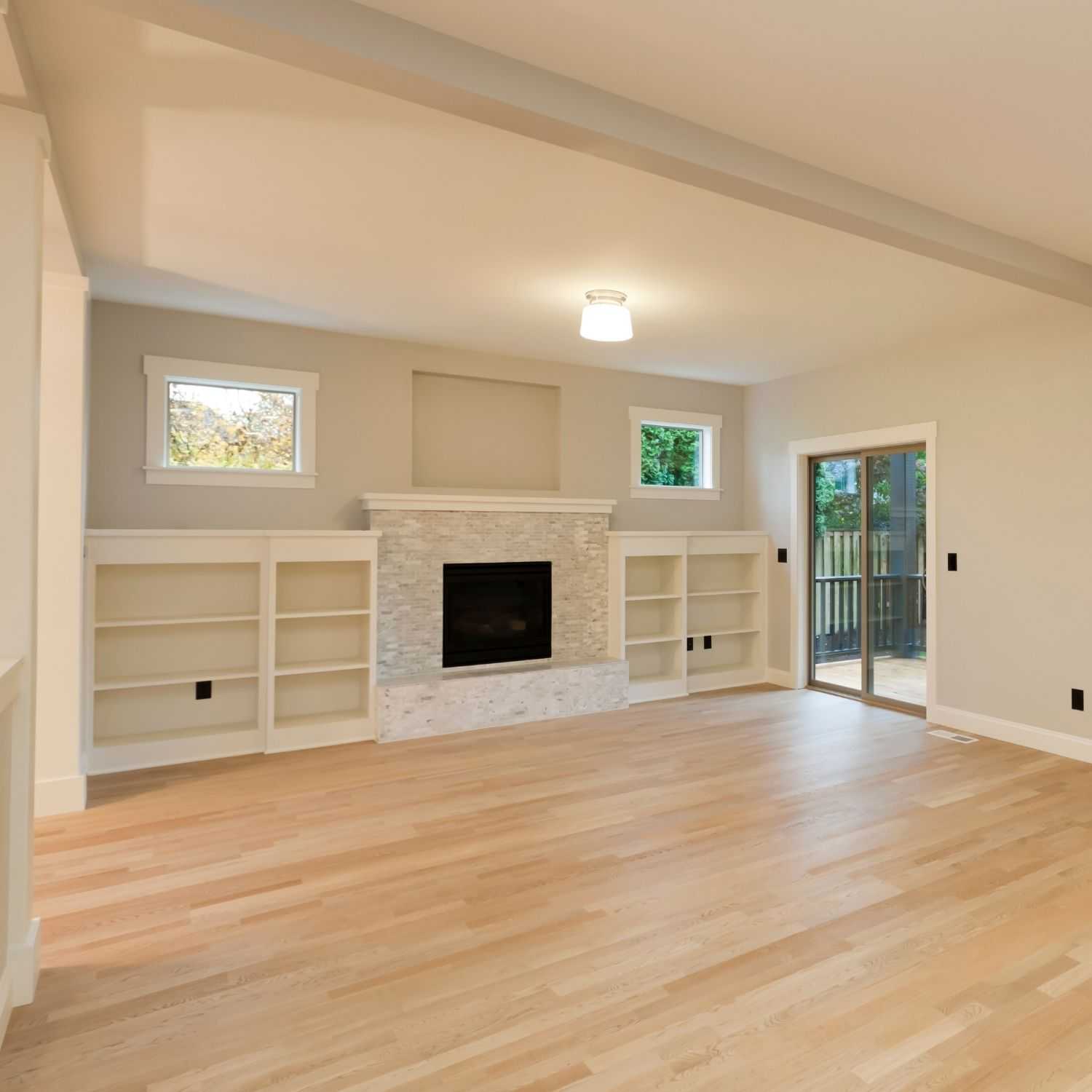Share post:
The Renters’ Rights Bill is one step closer to becoming law as it completed the 3rd reading in the House of Lords on 21 July 2025. This bill is set to bring significant changes to the private rental sector, which is why landlords in London should pay attention to its progress and the amendments it goes through as it completes its passage into law.
In this article, you’ll learn the key amendments proposed during the 3rd reading and what this means for private rental property owners and landlords. You’ll receive details on the current status of the bill and what to expect as it progresses. The more you know about the bill, the better you can stay compliant and prepared before it’s implemented.
The Renters’ Rights Bill Timeline
The Renters’ Rights Bill seeks to change regulations in the private rented sector. This includes improving fixed-term assured tenancies and assured shorthold tenancies while balancing the rights of both landlords and tenants.
This bill started as a white paper in May 2023, as it outlined the plans for the rental reform (e.g. Section 21 abolishment and periodic tenancies).
It remained with the House of Commons, where it underwent the first reading (September 2024), second reading (October 2024), committee stage (October 2024), report stage (January 2025), and finally, the third reading (January 2025).
It was introduced to the House of Lords, where it underwent its first reading (January 2025), second reading (February 2025), committee stage (April 2025), report stage (July 2025), and finally, its third reading (July 2025).
Notable Amendments After the 3rd Reading
The third reading in the House of Lords took place on 21 July 2025. The members deliberated on specific clauses and details to ensure the law will be effective, fair and devoid of loopholes.
Here are the key amendments that London landlords should be aware of.
Pet Damage Deposit
Landlords are permitted to request a pet damage deposit equivalent to three weeks’ rent, rather than the mandatory insurance requirement. This change was proposed after the insurance was deemed impractical. This deposit is subject to the same rules governing tenancy agreement deposits, except that the limit is not 5 or 6 weeks’ worth of rent but only 3 weeks. This amendment provides more flexibility and reduces the burden on landlords.
Student Tenancy Grounds
This change focused on Ground 4A protections, which allow landlords to reclaim their property after the end of each academic term. In the recent changes, the repossession has been extended to include one and two-bedroom non-HMO student rental accommodations. This was discussed during the second reading and approved during the third reading. This provides landlords in the student letting sector with more flexibility in managing their properties between academic terms.
Minimum Notice Period
The bill secures tenancy through the introduction of a 12-month period during which tenants can’t be evicted using specific grounds. In the amendment, a four-month notice is allowed during the first 6 months of the new tenancy. This also creates a minimum 6-month stay before tenants are permitted to serve their two-month notice. This leaves tenants with security while landlords enjoy stable rental income.
Surprise Inspections
Local councils are also permitted to conduct surprise visits, even without prior notification to landlords. Previously, they were required to provide both the owner and resident with a 24-hour notice before visiting. While this remains a requirement for residents, it no longer applies to landlords and property owners. However, the council is required to inform them within a specific period after the surprise visit has taken place.
Tribunal Market-Rent Checks
During the 2nd reading, concerns were raised regarding the local council’s ability to handle rent challenges and disputes. In the third reading, the members introduced a more streamlined process, wherein tenants are allowed to verify rent increase proposals against the VOA, or Valuation Office Agency. This will filter disputes before they are escalated to the tribunal.
While this does not directly apply to landlords, they will still be affected, so it is advisable to take note of this change.
What Happens Next…
After the third reading, the Renters’ Rights Bill will head back to the House of Commons, where they will deliberate on the proposed amendments of the House of Lords.
The bill will undergo consideration of the amendments, during which it will be passed between both houses until they have agreed to all changes without further adjustments. Once this happens, the bill will proceed to Royal Assent later in 2025.
If everything proceeds on schedule, the bill may be passed into law and implemented by 2026.
Read more about the Renters’ Rights Bill
We’ve been keeping track of the Renters’ Rights Bill. Find out more about how it affects your rental properties by reading through the following articles:
Renters’ Rights Bill 2024: A Comprehensive Guide for Property Owners
From Section 21 to Secure Tenancies: A Guide for London Landlords
New Rules on Rent Increases: A Landlord’s Guide to the Renters’ Rights Bill
Pets in Rentals: How to Balance Tenant Rights and Property Protection
Decent Homes Standard: What It Means for Tenants and Landlords
Renters’ Rights Bill Update: The Latest Developments and Key Takeaways After the 2nd Reading
Stay Updated To Remain Compliant
What does the latest Renters’ Rights Bill update mean for landlords and property owners?
Currently, no immediate changes are required. However, you can start reviewing your tenancy agreements to note any clauses that need improvement to comply with the Renters’ Rights Bill.
After passing into law, the implementation will be phased, allowing sufficient time for adjustments. Of course, the documents are easy to update. When it comes to the physical improvements required by the bill (e.g. Decent Homes Standard), you might need to start preparing the funds and improving the property to meet the standard.
At City Relay, we are dedicated to 100% compliance. We stay up-to-date with all laws and regulations surrounding private rental properties in London. We’ll help you navigate all the changes, including updating tenancy agreements, implementing deposit schemes and ensuring compliance with new requirements.
To learn more, request a free rental estimate and discover the potential of your property.












